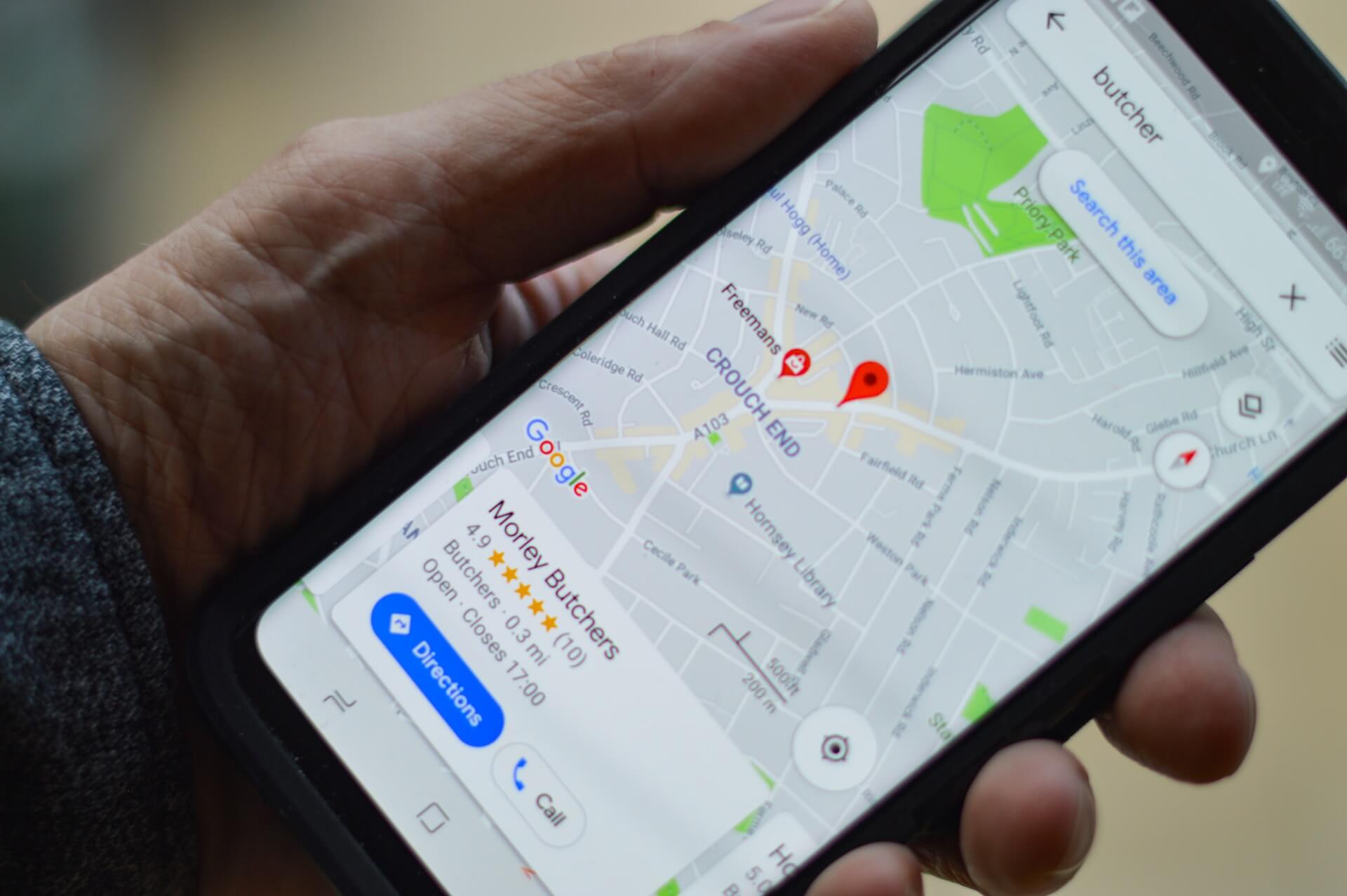Introduction
In today’s competitive online landscape, where consumers turn to their devices to find local businesses, mastering local SEO has become essential for small businesses. Whether you’re a small, local business or a growing chain with multiple locations, optimizing your online presence for local search can significantly impact your success. In this guide, we’ll dive into the world of local SEO and equip you with actionable strategies to increase your business’ visibility within your community.
What is local SEO?
Local SEO, short for Local Search Engine Optimization, is the process of optimizing your website to attract more local customers. Unlike SEO as a whole, which focuses on broad search visibility, local SEO targets people in specific geographic areas. By appearing in local search results, your business can reach a specific audience of customers who are actively seeking goods or services nearby.
What are the benefits of Local SEO?
The benefits of optimizing your local SEO cannot be overstated. First and foremost, local SEO enhances your business’s online visibility within your community. When someone in your area searches for a product or service that you offer, appearing towards the top of your local search results increases the likelihood of them choosing your business. Local SEO also drives foot traffic to your physical location, resulting in more customers and potential sales. By strategically targeting local customers, you are more likely to connect with people who are genuinely interested in the products or services you provide.
Proven Tips for Optimizing Your Website for Local SEO:
Keyword Research
Successful local SEO begins with effective keyword research. Your goal should be to identify specific terms and phrases that your local audience uses when searching for products or services like yours. You can use free tools like Google Keyword Planner or Ubersuggest to discover popular local search terms. Try focusing on long-tail keywords, which typically contain three or more words and include your local area, such as “best coffee in [your city]” or “affordable bed and breakfasts in [your town].” These longer-form keywords reflect how users search for services and provide a clearer idea of user intent.
Website Optimization
After compiling a list of relevant keywords, the next step is to integrate them into your website’s content. It’s important to avoid overusing or repeating keywords and instead naturally incorporate them with a focus on readability. Include your chosen keywords in headlines, subheadings, body text, and image titles and alt text descriptions for screen readers. By using the language your local audience uses, you’ll improve your search engine rankings and better engage potential customers with your content.
Consider using SEO tools like Yoast or Rank Math to manage your keywords for each page and structure your data for search engines using Schema markup. When search engines recognize Schema markup on your site, they deliver enhanced results such as rich snippets and other informative elements. This can help your content stand out in search results, increasing the likelihood of people clicking through to your site, boosting its visibility and traffic, and improving your search engine rankings.
Localized Content
Creating localized content has a twofold benefit: it not only helps with your local SEO, but also helps you connect with your local audience on a personal level. Consider writing blog posts, articles, or even making videos that address topics of interest in your local community. Showcase local events, news, or unique topics related to your target audience. When your community sees that you’re not just a faceless business, but an active participant in your area, they’re more likely to engage with and support your brand.
Localized content provides you with the opportunity to include relevant local keywords in your content. These keywords are often used by your local community when searching for information. Use of such keywords can improve your search engine rankings and position you as a trusted resource for information in your area.
To maximize your reach, share your content not only on your website but also through social media and local listings such as your local chamber of commerce. The more you demonstrate your interest in your local area, the stronger your connection with the local community will be.
Mobile-Friendliness and Page Speed
With a significant percentage of local searches coming from mobile devices, it is crucial that your website provides a user-friendly mobile experience. A responsive website design ensures that your website adapts to various screen sizes, making it easy for users to navigate, read, and interact with your content. From an SEO perspective, search engines favor mobile-friendly websites, which helps to improve your local search rankings.
Page speed is another critical factor in local SEO. Slow pages can frustrate visitors, resulting in high bounce rates and negatively affecting your search rankings. Regular website performance audits can identify plugins, features, and content, such as large images and videos, that may be slowing down your site. Using tools like Smush or TinyPNG can optimize your images, and investing in hosting that provides browser caching or a dedicated content delivery network can improve load times as well. In short, a speedy website makes happy customers, which in turn makes happy search engines.
Google My Business Optimization
Your Google My Business profile is the online storefront for your business. Begin by claiming your business and verifying it to ensure that you have full control over the information that is displayed. One you have claimed your listing, make sure to complete your profile including your business name, physical address, local phone number, and your hours of operation. You’ll also want to make sure this information is consistent across your website and social media platforms as well to help establish trust and credibility.
To optimize your Google My Business profile, provide high-quality photos of your products or services, staff, storefront, or office. This establishes a positive first impression, builds trust with your audience, and encourages users to engage with your listing. Additionally, post regular updates, offers, and announcements to keep your audience engaged.
Encouraging satisfied customers to leave reviews on your Google My Business listing is crucial. Positive reviews not only help build credibility with your audience but also influence your local search rankings. Engaging with both positive and negative reviews demonstrates your commitment to customer satisfaction and can enhance your reputation in the local community.
Online Reviews and Reputation Management
Online reviews can have a significant impact on your local SEO. Positive reviews can help build credibility with your audience and improve your local search rankings, while negative reviews can have the opposite effect. Encourage satisfied customers to leave a review on platforms such as Google, Facebook, or Yelp. Consider asking for reviews on social media, in after-purchase emails, or by directly asking people to share their experiences.
Responding to reviews is essential. Engaging with not only positive reviews but also negative ones demonstrates your commitment to customer satisfaction and can enhance your reputation in the local community. When responding to negative reviews, avoid being defensive. Instead, make it your goal to resolve the issue and show that you value their feedback.
As you start to acquire online reviews, search engines will begin to take notice. Positive reviews indicate to search engine algorithms that your business is reputable, which can result in higher search rankings. While it’s natural to strive for positive reviews, negative feedback can also provide valuable insight into areas that need improvement. By actively managing your online reputation, you can not only enhance your local SEO but also build a positive image with potential customers.
Local Link Building
Link building is a crucial element of SEO, especially for local SEO. Local link building involves acquiring backlinks from other websites in your community or industry. These backlinks indicate to search engines that your business is a trusted and relevant resource within your local area, and can improve your local search rankings.
Begin by looking for local partnerships such as connecting with local organizations, charities, and chambers of commerce. Consider participating in community events or sponsoring local initiatives. When local groups link to your website, it shows your involvement in your community and helps build your local authority. In addition, look for opportunities to guest post on local blogs or contribute articles to local news sites. These opportunities can provide valuable backlinks and increase your exposure, showcasing your expertise to the community.
Conclusion
Mastering local SEO is no longer optional; it’s essential for any small business looking to thrive in their local markets. By implementing the strategies outlined in this guide, you’ll be well-equipped to grow your business’s reach, attract local customers, and build a strong digital presence within your community. Use these tips not only to increase your business’s visibility online but also to position your business for success.




